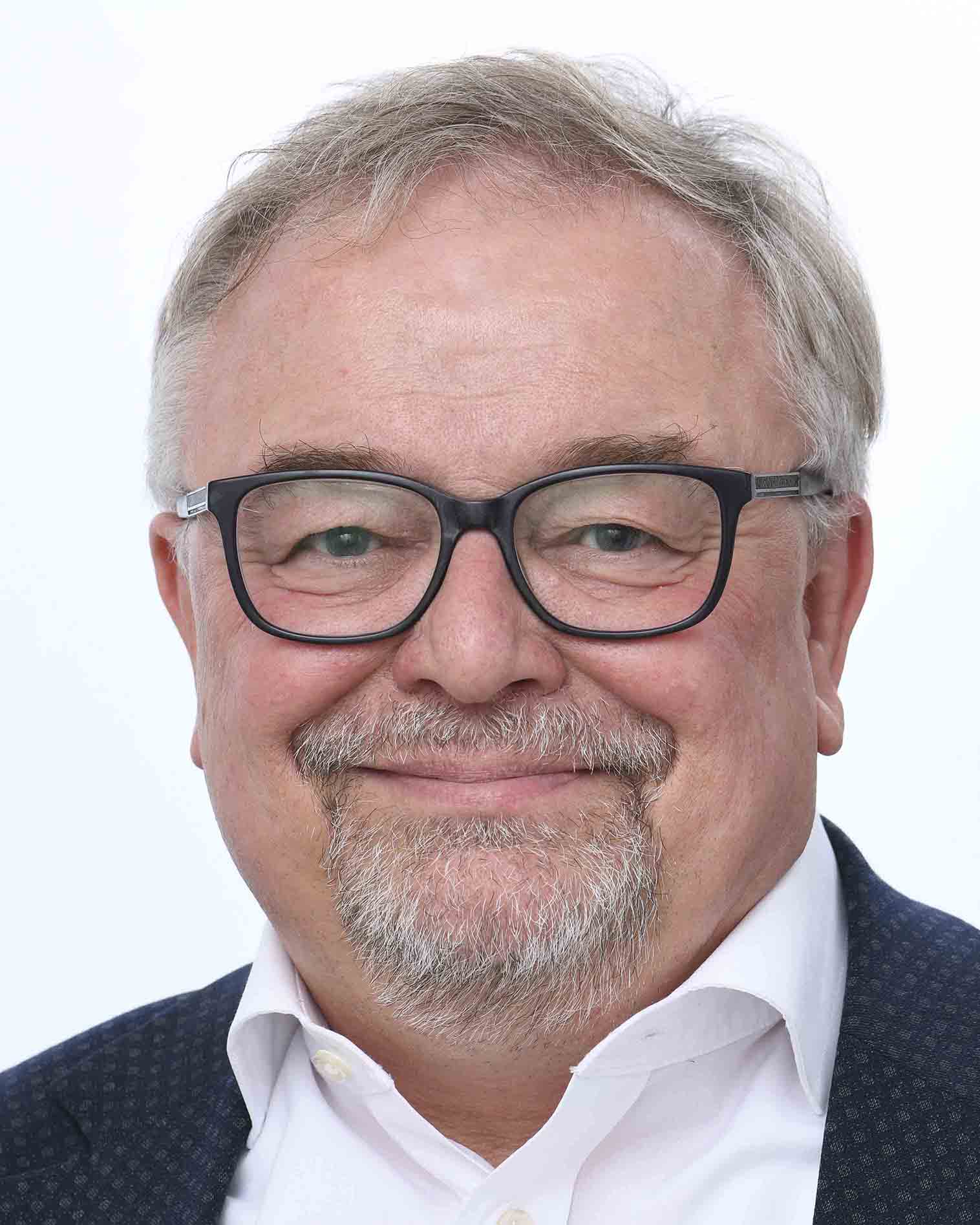
Choisissez la langue de votre document :
- bg - български
- es - español
- cs - čeština
- da - dansk
- de - Deutsch
- et - eesti keel
- el - ελληνικά
- en - English
- fr - français
- ga - Gaeilge
- hr - hrvatski
- it - italiano
- lv - latviešu valoda
- lt - lietuvių kalba
- hu - magyar
- mt - Malti
- nl - Nederlands
- pl - polski
- pt - português
- ro - română
- sk - slovenčina
- sl - slovenščina
- fi - suomi
- sv - svenska
|
| Postup : 2015/2353(INI) |
| Postup dokumentu : A8-0224/2016 | ||||||
Predkladané texty : A8-0224/2016 | Rozpravy : PV 05/07/2016 - 9CRE 05/07/2016 - 9 | Hlasovanie : PV 06/07/2016 - 6.9CRE 06/07/2016 - 6.9 Vysvetlenie hlasovaní | Prijaté texty : P8_TA(2016)0309 | |||
| Doslovný zápis z rozpráv | |
| Utorok, 5. júla 2016 - Štrasburg | Revidované vydanie |
|
| Právne upozornenie - Politika ochrany súkromia |




















































